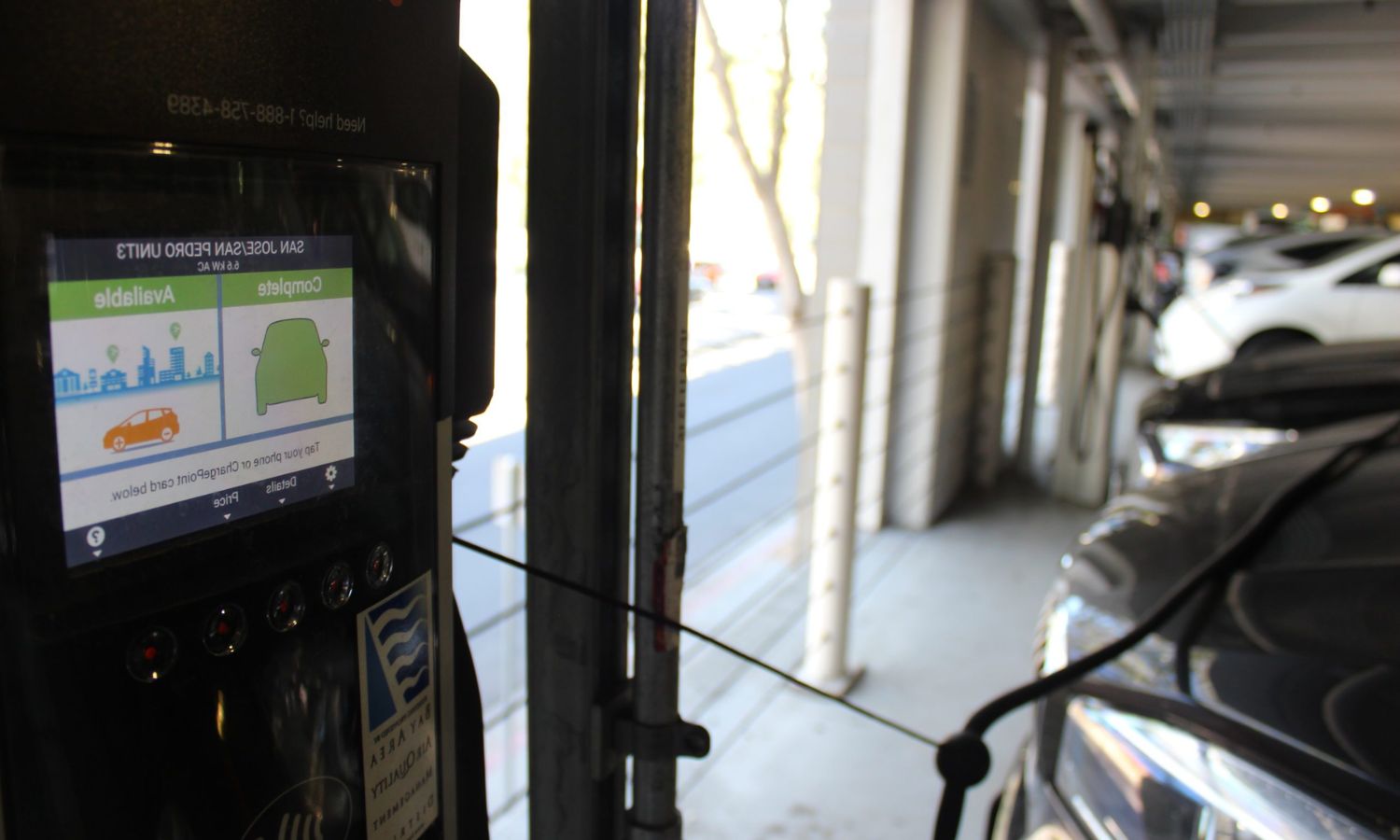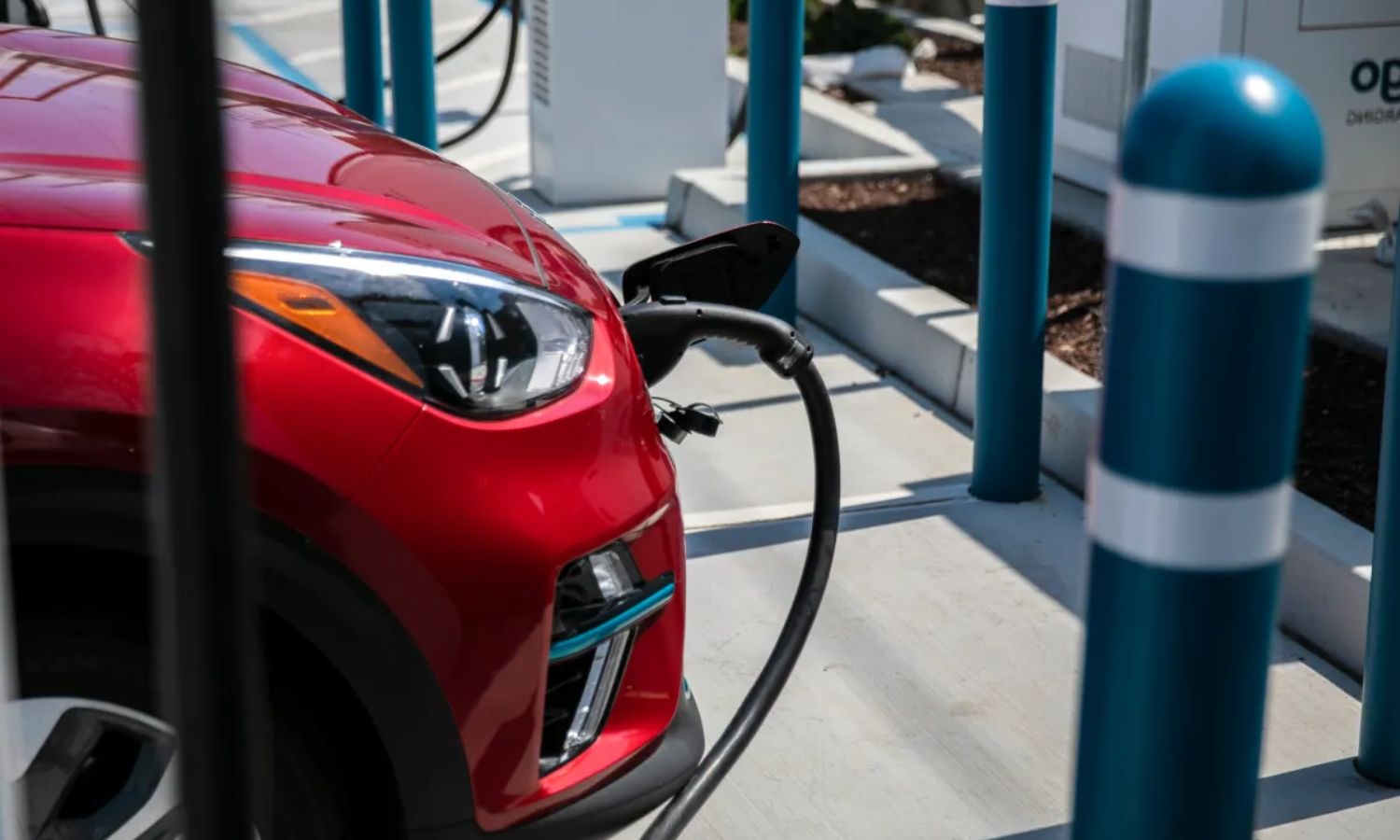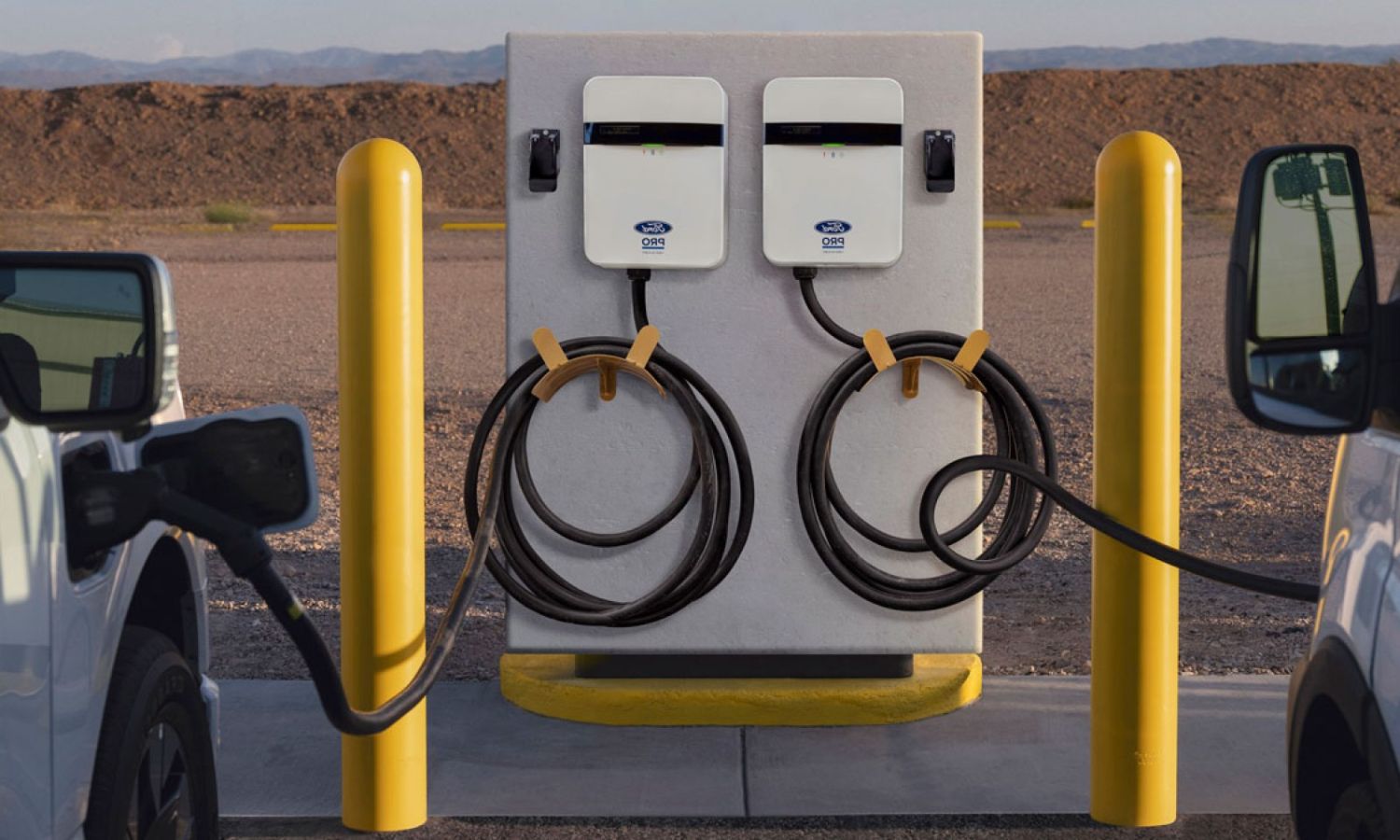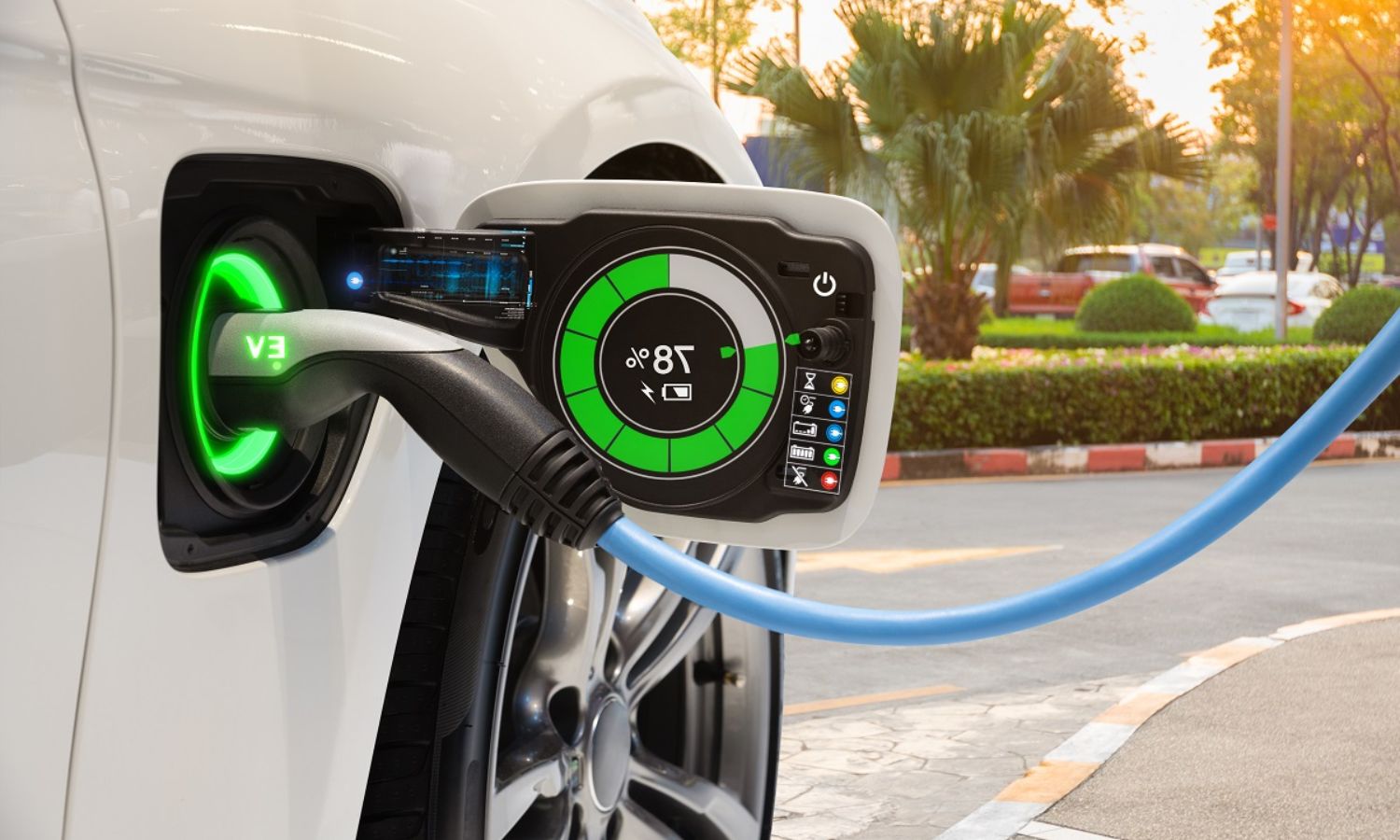San Jose Ready for an Electric Vehicle: As the world continues to grapple with the challenges of climate change, cities like San Jose are taking proactive steps towards a more sustainable future. With the San Jose City Council set to vote on the proposed EV Reach Code update, the city is poised to become a frontrunner in embracing electric vehicles (EVs) as a crucial part of its transportation infrastructure.
This update aims to enhance accessibility and affordability of EVs, particularly for multi-family housing residents, ensuring that the benefits of this green technology are not limited to a select few. But this is not just about environmental advocacy; it’s also about addressing the pressing issue of transportation equity.
The potential impact of San Jose’s EV-filled future is significant, and it calls for urgent action from both policymakers and residents alike. The question is, will San Jose rise to the occasion and become a shining example of sustainability and equity in the face of climate change?
Key Takeaways Of San Jose Ready for an Electric Vehicle
- San Jose City Council is voting on an EV reach code update that focuses on multi-family housing developments.
- The update aims to increase accessibility and availability of EV charging infrastructure in order to solidify San Jose’s position as a leader in sustainable transportation.
- The proposed update aims to make EVs more accessible and affordable for residents in multi-family housing developments, exploring shared charging facilities and incentives for property owners.
- Transportation equity is a crucial consideration as the state moves towards zero-emission vehicles, with designated parking spaces and affordable charging infrastructure ensuring equity for all residents.
San Jose City Council to Vote on EV Reach Code Update
The San Jose City Council is set to vote on an important update to the electric vehicle (EV) reach code, a decision that could have far-reaching implications for the future of sustainable transportation in the city.
This code specifically focuses on multi-family housing developments, aiming to increase the accessibility and availability of EV charging infrastructure.
The proposed update includes requirements for new multi-family buildings to have a certain percentage of parking spaces equipped with EV charging stations. This move aims to encourage more residents to switch to electric vehicles by providing convenient and accessible charging options.
By implementing this update, San Jose aims to further solidify its position as a leader in sustainable transportation and contribute to the reduction of greenhouse gas emissions.
The City Council’s decision will play a crucial role in shaping the future of green transportation in San Jose.
Proposed EV Reach Code Update: Enhancing Accessibility and Affordability
With the upcoming vote on the EV reach code update, San Jose City Council aims to make electric vehicles more accessible and affordable for residents in multi-family housing developments, aligning with the city’s Climate Smart goal and California’s commitment to zero-emission cars.
The proposed update recognizes the importance of expanding EV adoption beyond single-family homes and seeks to address the unique challenges faced by residents in multi-family housing. By enhancing accessibility, the code update will ensure that charging infrastructure is readily available in parking areas, making it convenient for residents to charge their electric vehicles.
Additionally, the code update aims to improve affordability by exploring options such as shared charging facilities and incentives for property owners to install charging infrastructure.
Transportation Equity: Crucial Consideration for Multi-Family Housing Residents
Ensuring equitable access to electric vehicles for residents of multi-family housing is a crucial consideration as the state moves towards a zero-emission vehicle future. Here are four key factors to consider in promoting transportation equity for multi-family housing residents:
- Designated parking spaces: Implementing specific requirements for designated parking spaces that are directly connected to residents’ panels or meters can facilitate convenient and affordable charging.
- Affordable charging infrastructure: Ensuring that charging infrastructure is affordable and accessible to all residents, regardless of income, is essential for transportation equity.
- Education and outreach: Providing education and outreach programs to multi-family housing residents can help increase awareness and understanding of the benefits and opportunities of electric vehicles.
- Incentives and programs: Offering incentives and programs specifically targeted towards multi-family housing residents, such as discounted charging rates or financial assistance for EV purchases, can help level the playing field and promote equity.
Also Read: San Jose Protesters Interrupt VP Harris on Reproductive Rights
Environmental Advocacy: Addressing Climate Change Challenges
Addressing climate change challenges through environmental advocacy is a critical imperative for San Jose, as it seeks to reduce greenhouse gas emissions and ensure a sustainable future for its residents. Advocates such as Silicon Valley Youth Climate Action, Mothers Out Front, and the EV Charging for All Coalition are emphasizing the importance of this policy in tackling environmental challenges faced by the city and its residents.
With transportation being a significant contributor to greenhouse gas emissions, the proposal aims to cut emissions and promote sustainable transportation options. To provide a deeper understanding, the following table highlights the potential benefits of environmental advocacy in addressing climate change challenges:
| Benefits of Environmental Advocacy | ||
|---|---|---|
| Reduction in greenhouse gas emissions | Promotion of sustainable transportation options | Preservation of natural resources |
| Improved air quality | Mitigation of climate-related health risks | Enhancement of the quality of life |
Through environmental advocacy, San Jose is taking proactive steps to combat climate change and create a greener, healthier future for all its residents.
Call to Action: Urgent Plea for Sustainability and Equity
As San Jose’s environmental advocates emphasize the importance of addressing climate change challenges, an urgent plea for sustainability and equity emerges, calling on residents to take action and shape a greener, more equitable future.
Here are four key actions residents can take to support this plea:
- Reach out to city council members: Contact your local representatives and express your support for sustainable and equitable policies. Let them know that you stand behind initiatives that prioritize the environment and promote fairness.
- Participate in the upcoming council meeting: Attend the council meeting on Jan. 30 and voice your opinions on transportation policies. This is an opportunity to influence decision-making and advocate for a future that considers both sustainability and equity.
- Spread awareness: Share information about the urgent need for sustainability and equity with your friends, family, and community. Encourage others to join the cause and take action.
- Support local organizations: Get involved with local environmental and social justice organizations that are working towards a sustainable and equitable future. Donate your time, resources, or expertise to support their initiatives.
Conclusion Of San Jose Ready for an Electric Vehicle
San Jose is taking significant steps towards a future filled with electric vehicles. The proposed EV Reach Code update aims to enhance accessibility and affordability, prioritizing transportation equity for multi-family housing residents.
By addressing climate change challenges and advocating for sustainability and equity, the city is making an urgent plea for a greener, more inclusive future.
With these efforts, San Jose is poised to become a leader in promoting electric vehicles and driving positive change for the environment and its residents.
Our Reader’s Queries
Q1. How much does EV charging cost in San Jose?
A. Certain chargers provide both Level 1 and Level 2 options. The station usage fee is $1.25 per session, with daytime rates of $0.25 per kWh and overnight rates (9:30 p.m. – 8:30 a.m.) set at $0.20 per kWh.
Q2. What is the future projection of electric vehicles?
A. In 2025, electric vehicles might constitute around 20% of new car sales. By 2030, the proportion of electric vehicle sales could rise to 40% of new car sales. Projecting further, by 2040, electric vehicle sales might represent nearly the entirety of new car sales.
Q3. Do I need a permit to install EV charger in San Jose?
A. Residential properties may feature Level 1 or 2 charging stations. Installing a Level 1 EV charging station does not necessitate a permit. However, if you plan to install a new 120v outlet, obtaining an electrical permit is mandatory. The application for the permit can be completed online at www.SJPermits.org.
Q4. What is the main purpose of an EV charger?
A. An electric vehicle charging station is a device that links an electric vehicle (EV) to an electricity source, facilitating the recharging of electric cars, neighborhood electric vehicles, and plug-in hybrids.
Q5. Can electric cars replace gas?
A. It’s unlikely that electric cars will completely replace gas cars within twenty years. However, there could be a higher number of electric cars compared to gas cars in the future. Electric cars represent a viable alternative alongside gas and diesel vehicles. They can satisfy the transportation needs of 80–90% of owners, but there remains a segment, about 10–20%, for which electric cars may not be suitable.




